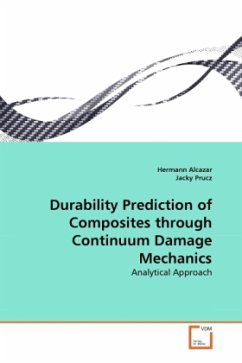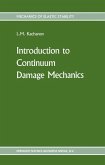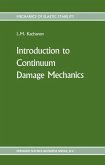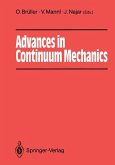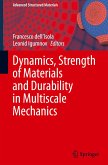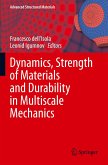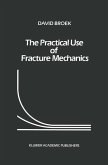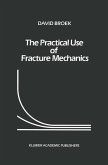The main objective of this research is to develop and implement a new analytical model that relies on a continuum damage mechanics CDM approach to predict the evolution of plastic strain and mechanical damage in a unidirectional carbon fiber reinforced composite CFC. The term damage is used only in the context of failure mechanisms associated with fracture and degradation of the stiffness. Plastic and damage evolution are related to typical failure mechanisms on composite materials such as fiber, inter-fiber, and intra-fiber fracture. The plastic strain surface is defined based on the Tsai-Wu failure criterion, while the damage surface is defined based on the energy-release crack growth. The coefficients that characterize the damage and the plastic surfaces are obtained from known material properties. Data obtained from inter-fiber shear load/unload experimental results are used to define the plastic and damage anisotropic associative evolution. The plastic and damage thresholds are obtained by using nonlinear extrapolation. The mathematical equations and physical principles underlying this model are formulated in the tensorial three-dimensional space.
Bitte wählen Sie Ihr Anliegen aus.
Rechnungen
Retourenschein anfordern
Bestellstatus
Storno

